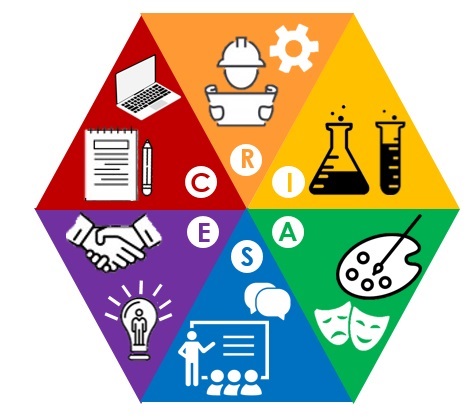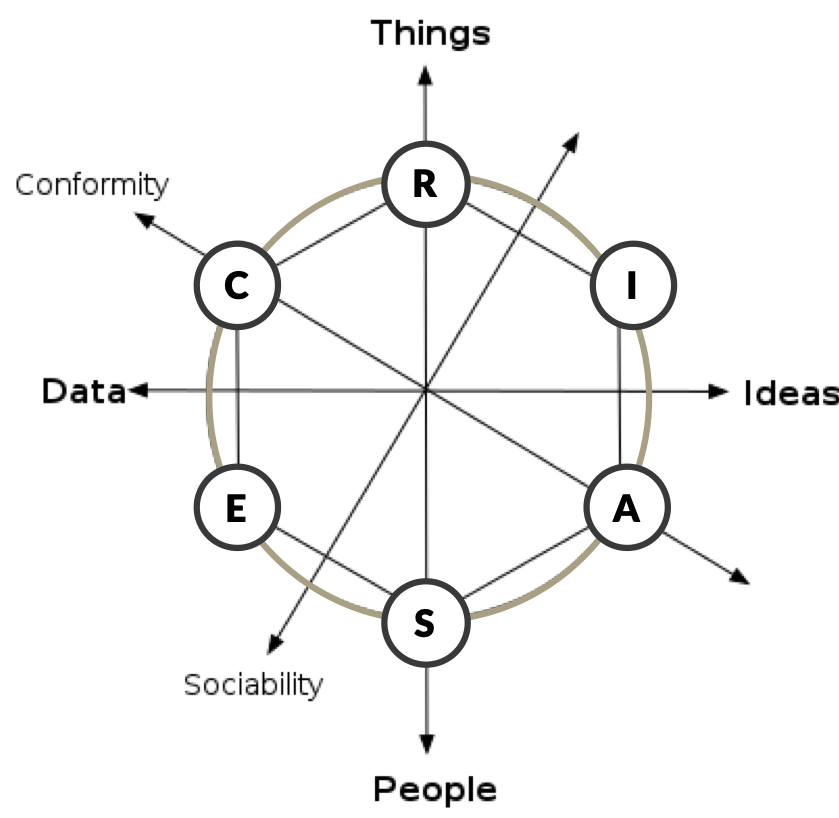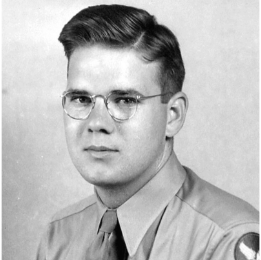John Holland's vocational theory is a widely respected and influential model that explains how people choose careers and how they are likely to perform in them. This theory is based on the idea that people have certain personality types that are well-suited to certain types of work, and that matching individuals with the right types of jobs can lead to greater satisfaction and success in their careers.
According to Holland, there are six basic personality types: Realistic, Investigative, Artistic, Social, Enterprising, and Conventional. These types are based on the kinds of activities and environments that individuals prefer, and they are often referred to as the "Holland Codes."
The Realistic type is characterized by a strong interest in physical activities and a preference for practical, hands-on work. Individuals with this personality type may be well-suited to careers in fields such as construction, mechanics, and engineering.
The Investigative type is characterized by a love of learning and a preference for intellectual pursuits. These individuals may be well-suited to careers in fields such as science, research, and academia.
The Artistic type is characterized by a strong creative streak and a preference for self-expression. These individuals may be well-suited to careers in fields such as art, music, and design.
The Social type is characterized by a strong desire to help others and a preference for working with people. These individuals may be well-suited to careers in fields such as education, social work, and healthcare.
The Enterprising type is characterized by a desire for leadership and a preference for taking risks. These individuals may be well-suited to careers in fields such as business, sales, and politics.
The Conventional type is characterized by a preference for order and a strong desire to follow rules and procedures. These individuals may be well-suited to careers in fields such as accounting, finance, and administration.
Holland's vocational theory has been widely tested and validated, and it is often used in career counseling to help individuals identify the types of careers that are likely to be a good fit for them. It is also used in the development of job training programs and in the design of work environments.
Overall, John Holland's vocational theory is an important and influential model that has helped countless individuals find fulfilling and successful careers. It is a valuable tool for anyone seeking to understand their own interests and aptitudes and to explore the many different career options that are available to them.








